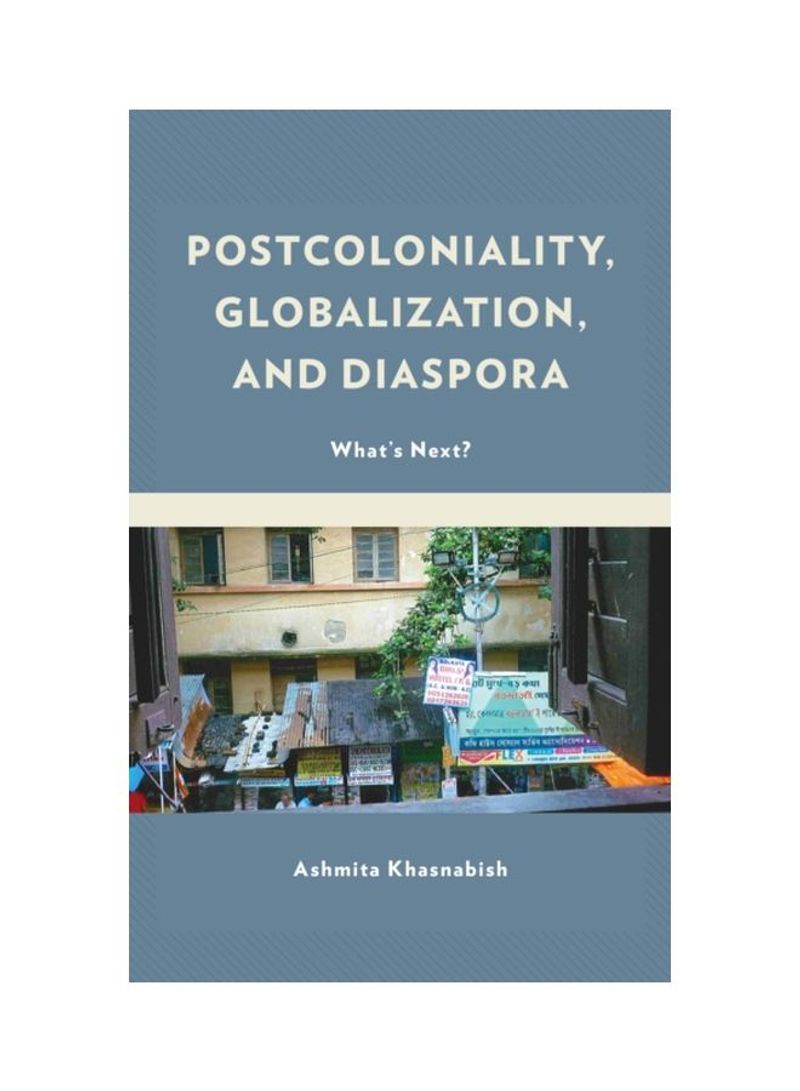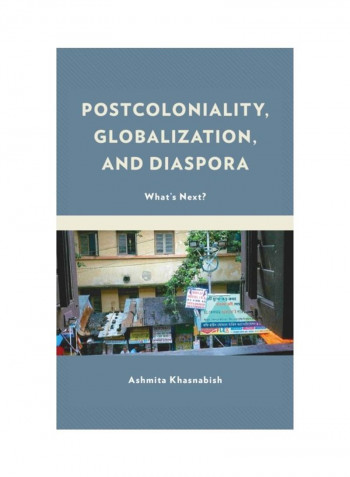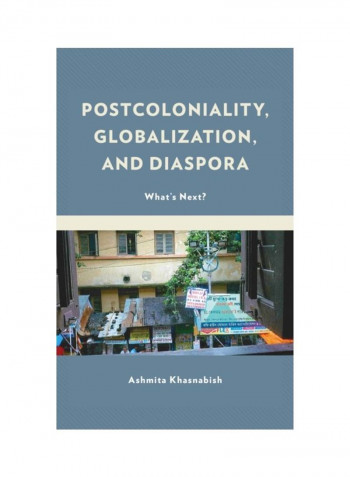Postcoloniality, Globalization, And Diaspora: What's Next? Hardcover
Recommend
Sort by
Rating
Date
Specifications
Grade
New
Book Description
Postcoloniality, Globalization, and Diaspora: What's Next? looks forward within the field of postcolonial studies and goes beyond the notion of hybridity and postcolonial reason beyond just portraying it. This volume offers a futuristic vision going beyond the common paradigms of postcolonility, diaspora, and globalization, speculating a framework beyond master-slave dialectic. This new paradigm locates a humanitarian space purifying ego through various forms: writing, philosophizing, and theorizing new ideas. Authors focus on writers from Mauritius to India.
ISBN-13
9781498570237
Language
English
Publisher
Lexington Books
Publication Date
15 Dec 2019
Number of Pages
140
Editor 1
Ashmita Khasnabish
Editorial Review
There are many things to praise in this project: It provides scholars with a clear and firm vision of what a postcolonial studies of the future might look like, moving us beyond an aesthetics of crisis pegged on hybridity and dispersal to one informed by psychological unity, synthesis, and sublimity. Looking towards the future rather than the past, the book is a bold reflection on what is lost and gained when postcolonialism, diaspora, and globalization are located at the center of our rethinking of alternative communities.--Simon Gikandi, Robert Schirmer Professor of English, Princeton University The essays in this collection trace the progression from the constructs of postcolonialism through to globalization and pose the question: what comes next? The contributors represent a wide geographical and cultural area and a wide range of expertise. The subject matter of these essays is equally far-reaching, focusing on the movement toward environmental stewardship among the first peoples of New Zealand to hybridity in Mauritius so complex that it defies that category. What draws these disparate essays into a whole is their common emphasis -- while laying out the trajectory in literary and cultural studies from postcolonialsm and post structuralism to globalism, they all note the strictures of these paradigms: the focus on subalternity, the post-structuralist imposition of Western interpretive frameworks on non-Western thought, the globalization that flattens out difference in an effort to smooth largely economic exchanges. In different ways these essays leave behind subalternity and erasure of difference to propose constructs of egalitarian exchange, based upon alternative "discursive centers" more confidently asserted. And as several of the authors assert, the establishment of such discursive centers is "at its core a metaphysical undertaking." The stance underlying these essays is that expressed by the editor in the preface: What is wrong with optimism?--Christine Evans, Professor of Comparative Literature, Lesley College



